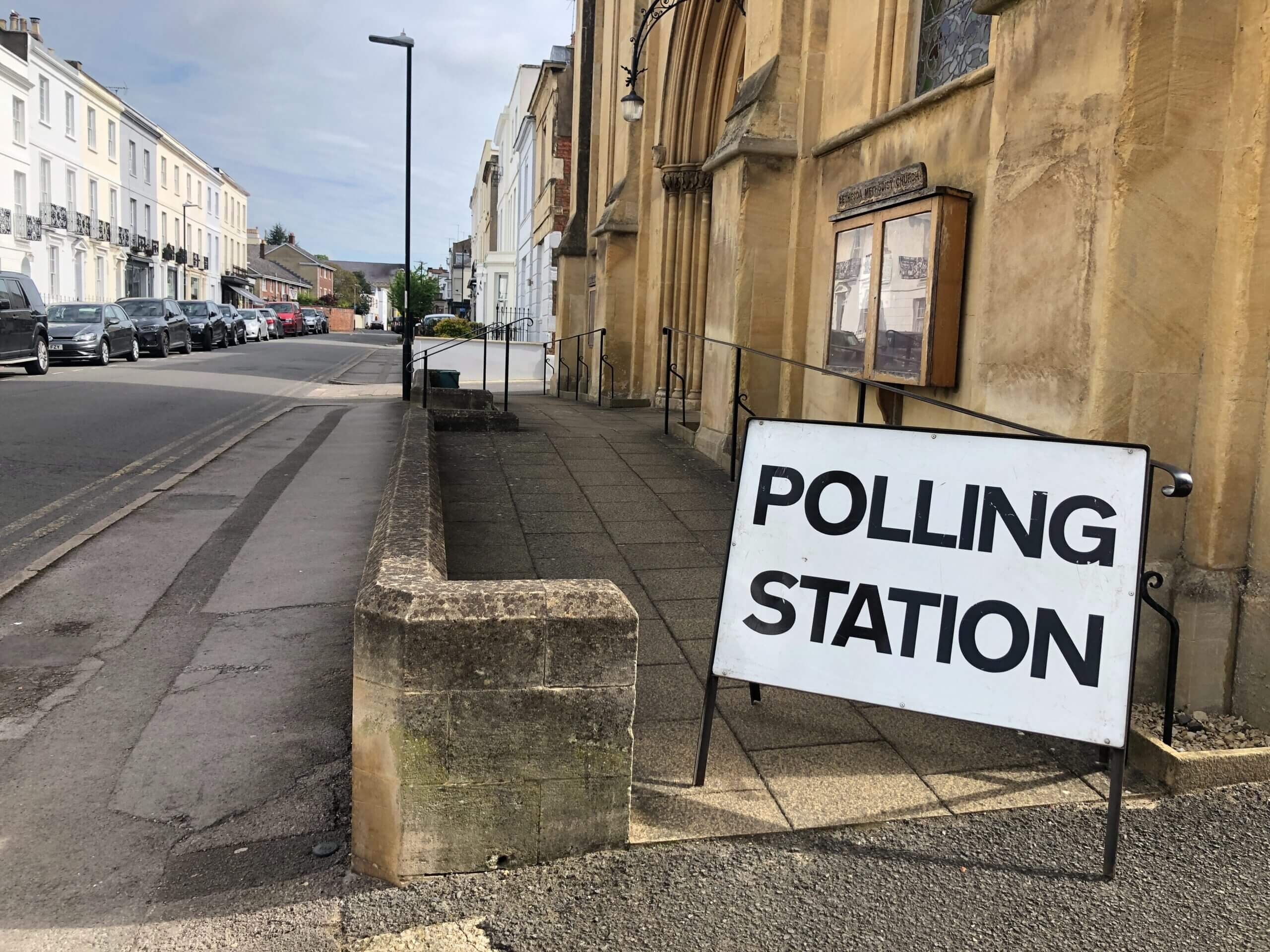
Nathan Baber, External Affairs Intern, Money and Mental Health Policy Institute
Local elections 2023: What local authorities can do for mental and financial health
4 May 2023
- Local elections are taking place in many councils on 4 May 2023. Local authorities provide over 800 services to local communities, including many that contribute to mental and financial wellbeing
- Despite the government’s commitment to levelling up, our research has shown that people with mental health problems are often left behind in plans
- Local authorities can help tackle inequalities for people with mental health problems by implementing policies in their local area, such as tailored employment support, improved housing quality and fair council tax debt collection practices
- It’s vital that councils and elected councillors put money and mental health at the core of their plans.
Today, voters in more than two thirds of England’s councils will head to the polling stage to cast their votes for local leadership. Like with all elections, much of the focus is on the ongoing political challenges facing the major parties. Yet, as our research has shown, local authorities play a crucial role in improving the mental wellbeing of residents. In England, local governments work across a range of areas, providing more than 800 different services to local communities.
Local authorities act as both commissioners and providers of services that can help improve the skills of residents, build networks between services and local employers, and support people with mental health problems. So for these local elections, the focus should be on what hopeful local councillors will do to improve the support for those of us with mental health problems.
Levelling up locally
The UK government has stated its commitment to ‘levelling up’ the country, with a focus on improving the economic and health outcomes for people and communities who have historically been left behind. This policy has been echoed by devolved governments, mayors and local authorities across the country. However, despite these commitments, people with mental health problems continue to form a key group who have been left behind.
Research has shown that the disadvantages faced by people with mental health problems are particularly acute in regional inequality hotspots. These hotspots are areas where levels of deprivation, poverty and social exclusion are much higher than the national average. People in these areas living with mental health problems have a higher chance of experiencing poor health outcomes, social isolation, as well as barriers to accessing education, employment and housing.
What can be done
So, what can local authorities do to alleviate the situation? There is a range of potential localised policy interventions that can be implemented to support those of us with mental health problems, no matter where we are in the country. For example, people with mental health problems should be offered employment support that is specific to their needs.. Local authorities can work to establish tailored recruitment pathways with local employers that support employees with mental health problems. East Riding of Yorkshire Council recently did this by launching two Employability Wellbeing Services to provide support to over 900 people with mental health problems, and relevant training to over 450 employers.
Local authorities can also work to improve the quality of housing in the private sector, which is a key driver of new mental health issues and exacerbates existing ones. Selective landlord licensing schemes that enforce standards to improve quality and reduce overcrowding can be implemented, alongside guidelines that protect and support tenants who are in rent arrears from eviction. Having a secure, comfortable and private place to call home goes a long way to preventing and aiding our wellbeing.
Another key area in which local authorities can act is in the council tax debt collection practices. Currently, many local councils engage in aggressive tax debt collection practices, which can cause distress and worsen the mental wellbeing of those on the receiving end. If more local authorities adopted the Citizens Advice Tax protocol, more people with mental health problems would be protected from harmful action being taken against them while they are behind on their council tax payments. This also presents the opportunity of forming better joint-working practices between councils and their debt collection teams. This will allow for a more supportive journey for people with mental health problems as they move from one department to the other.
Why local elections matter
Local authorities have a significant impact on our lives. Local councils have the final say on how our local services are run, and the local councillors up for election today will be the ones representing the area we live in, bridging the gap between community and council. For those of us with mental health problems, it is these councils and councillors who have the potential to implement policies that can greatly support our mental and financial health – it’s therefore vital that money and mental health are at the core of their plans.